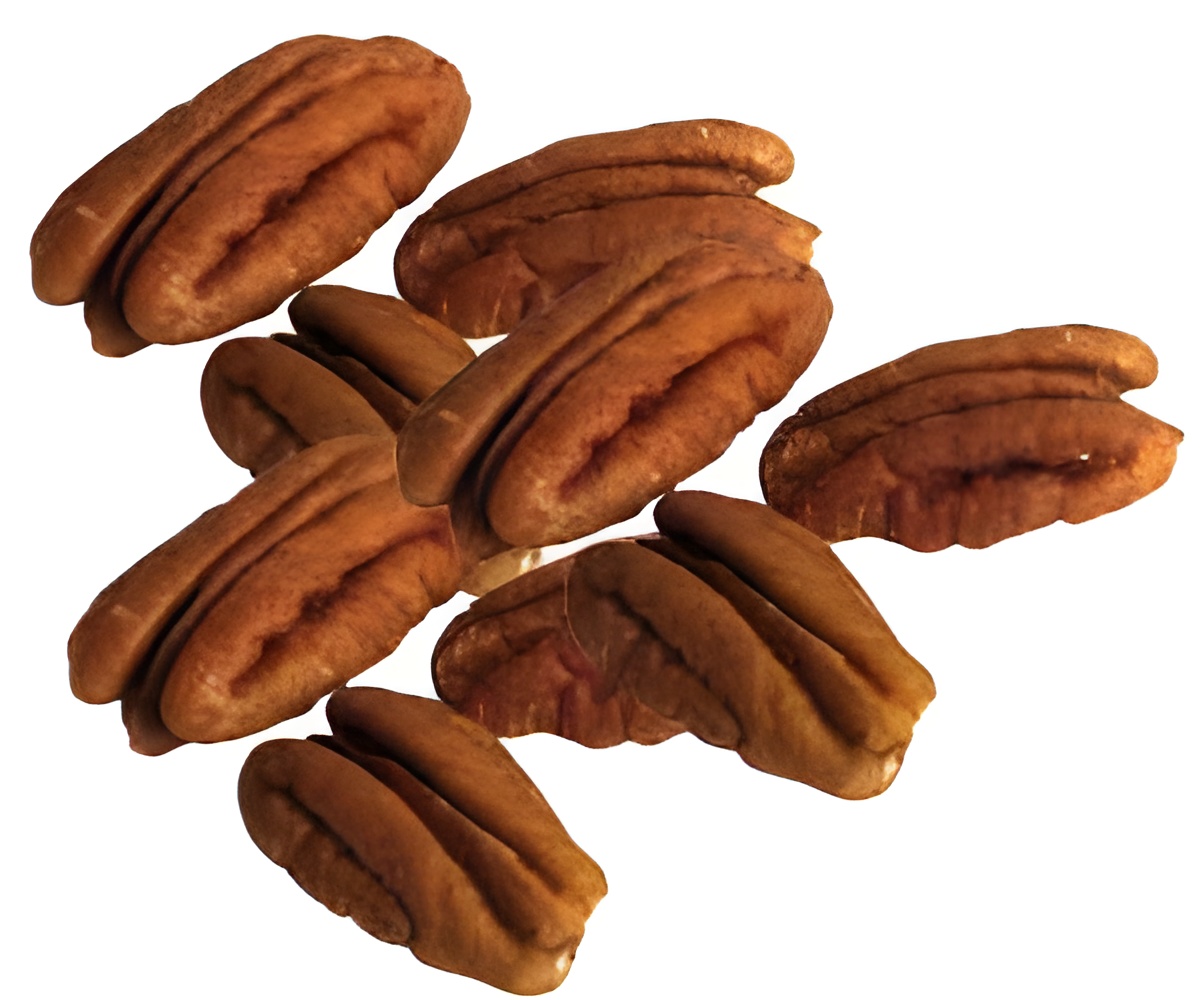A new animal study has suggested that eating about a handful of pecans each day can protect the nervous system.

Researchers suggest vitamin E - a natural antioxidant found in pecans - may provide a key element to neurological protection shown in the study. Antioxidants are nutrients found in foods that help protect against cell damage, and studies have shown, can help fight diseases like Alzheimer's, Parkinson's, cancer and heart disease.
Pecans are the most antioxidant-rich tree nut and are among the top 15 foods to contain the highest antioxidant capacity, according to the U.S. Department of Agriculture (USDA).
"These findings suggest regular consumption of pecans may provide significant nutritive and antioxidant benefits for your body," said lead researcher Thomas B. Shea.
Shea and his research team carried out a number of laboratory studies on three groups of mice specifically bred to demonstrate severe decline in motor neuron function that are commonly used in studies of ALS. Each of the three groups was fed a control diet or one of two diets containing differing amounts of pecans ground into their food.
Standard testing methods were used to determine how well the mice scored relative to motor neuron functions, both before and after they were provided with one of the three diets.
Advertisement
The study has been published in the current issue of Current Topics in Nutraceutical Research.
Advertisement











